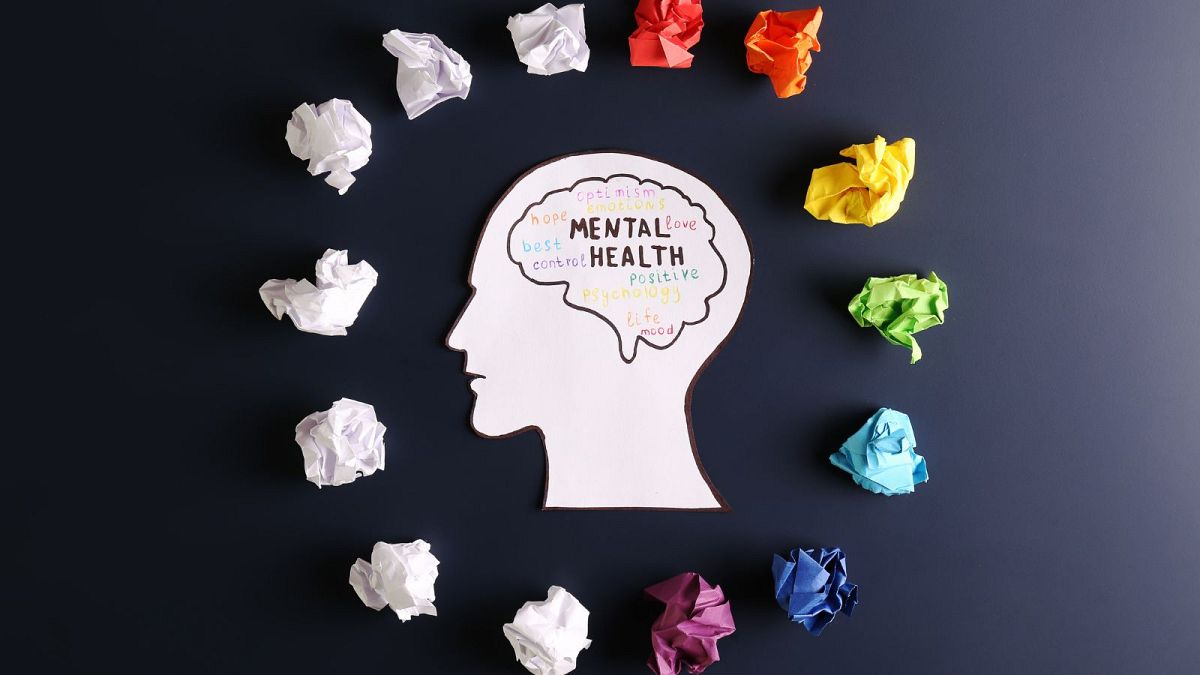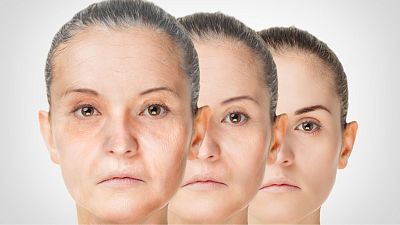We often read about how bad social media is for our mental health. But some online communities can help - to a certain extent.
Anxiety, depression and other mental troubles are becoming less and less taboo thanks to awareness campaigns such as World Mental Health Day. But perhaps the biggest effort to end the stigma has been unfolding on social media.
On Reddit, the world's best-known online forum, the community focused on depression has more than 900,000 members, while the one dedicated to anxiety disorders has more than 500,000 users.
On these topical forums, or “subreddits,” people share the achievements they are proud of: managing to go to a restaurant alone or taking a job interview, for instance. They are often tasks that require a lot of effort for a person suffering from social anxiety. Beneath their posts are hundreds of congratulatory comments.
In another post, a user shares a technique to prevent anxiety attacks: "Start with saying 5 things you can see around you, 4 things you can touch, 3 things you can hear, 2 things you can smell and one you can taste. Same reasoning, helps me calm down and distract me from what’s making me anxious”.
This method was developed by the American clinical psychologist Ellen Hendriksen, who also provides her advice on Instagram in the form of questions and answers.
Anxiety disorders and depression are among the most common mental health disorders, but there are also communities dedicated to schizophrenia, bipolar disorder or dissociative identity disorder.
Mental health ‘influencers’
On TikTok, #MentalHealth posts accumulate almost 50 billion views. On Instagram, there are more than 40 million posts. Some personalities have such a following they could be described as “influencers” on the subject of mental health.
This is a fashionable subject, but one that covers a wide range of content, from testimonials to advice, and sometimes even placements of "well-being" products.
Professor Viviane Kovess-Masféty, a child psychiatrist and researcher at the University of Paris Descartes, urges social media users to take this online guidance with a pinch of salt.
"There is a whole school of ‘self-help,’ ie people who take charge of themselves, who discuss with each other and exchange advice. This should not be mistaken for psychotherapy, which is something different," she told Euronews Next.
But there is decent material and debate online that might help some people, she concedes.
"There is a whole world of cognitive-oriented, self-administered therapies, information on not-too-severe disorders that you can manage yourself,” she said.
"There are a number of very serious sites that try to help people to self-manage or even discussion groups where people encourage each other. The important thing is to understand who you are dealing with".
Know your experts
It’s important to know the actual background and skills of the person you are dealing with, she added: nurses and doctors are qualified health professionals, whereas the titles of "coach" or "expert" cover a much more blurred reality where those dispensing advice don’t necessarily have any qualifications.
It’s also important to have a sense of the field of expertise of different health professionals and “influencers”.
For instance, Dr Colleen Reichmann, who is active on Instagram and TikTok, is an American psychologist specialising in eating disorders.
Other accounts are more specialised in stress management or family relationships.
It’s important to do your homework on these people’s backgrounds, and perhaps read their research using Google Scholar, the academic search engine.
Overcoming barriers to mental health care
Social networks have one key advantage: they are accessible anytime, anywhere. Access to mental health professionals in real life is more complicated - and the financial cost of therapy can be a big deterrent for those seeking help.
In Italy, a survey released last December by the national council of psychologists found that one in five patients had ended their psychotherapy for financial reasons - and over a quarter of those who would like to enter therapy do not because they can’t afford it.
In France, people can now benefit from up to seven psychotherapy sessions for just €30 each (roughly half their normal price) thanks to a new, post-pandemic public programme called “MonPsy” that also sees private health insurance chipping in.
The counselling can be done remotely, except for the first consultation, which costs €40.
Kovess-Masféty, the professor, noted that psychotherapy lends itself particularly well to telemedicine. But that doesn’t mean it can be replaced by any type of online support.
"Therapy means treatment. Let me be very clear: someone who is not trained as a therapist cannot treat," she said.



